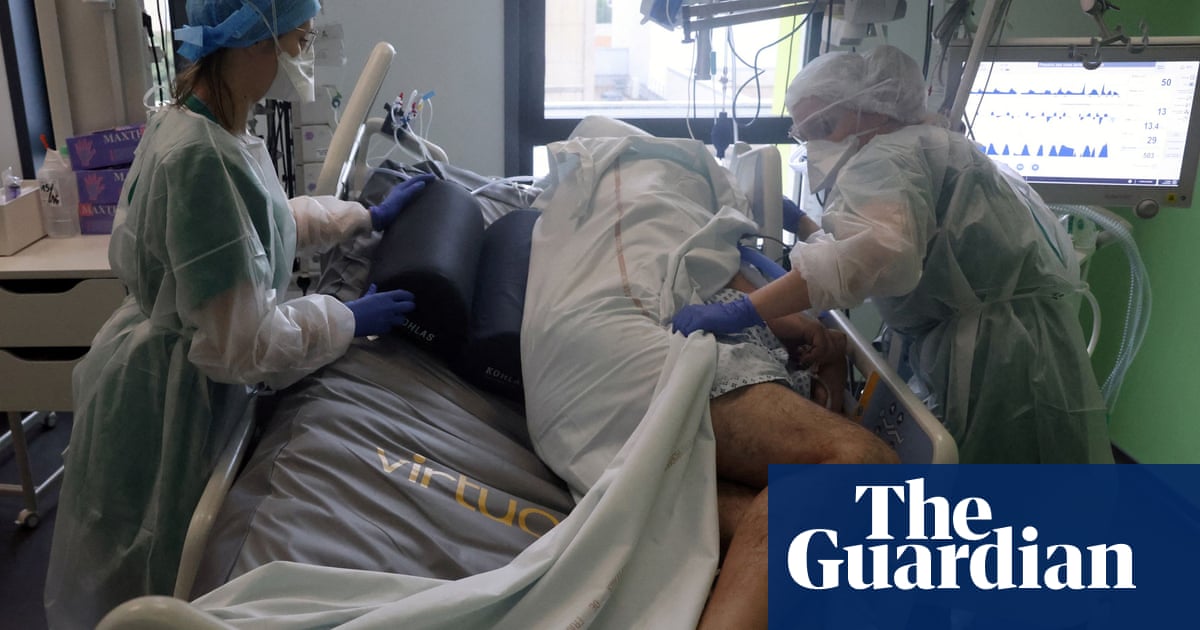
A study shows that less than one in three patients who have been hospitalized with Covid symptoms feel recovered a year later.
A growing body of research has shown that Covid causes health problems in the short-term, but also has long-term effects. Many people who had symptoms after being in the hospital are still showing symptoms about a year after their discharge.
Dr Rachel Evans, one of the co-leads of the post-hospitalisation Covid-19 study, said that only one in three participants felt fully recovered after a year.
The research shows how the team collected both self-reported and objective measures of health, such as physical performance and organ function, among 2,320 adults about five months after they were discharged from hospital. They looked at similar measures for 924 participants at about one year after discharge, and 807 of them had attended the previous follow-up.
The proportion of participants who reported feeling recovered remained the same over the course of five months and one year, as did the prevalence of symptoms including breathlessness, fatigue and pain. About one in 10 participants have a significant degree of brain fog a year after discharge, with little or no improvement seen for areas including organ function, physical function and cognitive impairment.
Evans said that they weren't seeing improvements from one year to the next.
The team discovered that participants were grouped together in one of four clusters, with severe brain fog and other moderate symptoms being the most common. Themild group reported about four symptoms on average, while the very severe group reported about 20.
Evans said the team found no change in the health outcomes between five months and one year across the four clusters, while questionnaires completed by participants rating their health compared with how they viewed it before hospitalisation, revealed a significant drop in health-related quality of life.
The study can't prove the cause of the symptoms, but it does stress the need for approaches to improve the mental and physical impairments of patients. The team found that being female, obese, able to walk only a short distance, and having raised levels of inflammatory proteins in their blood were all linked to having very severe symptoms. The inflammatory proteins were raised in people with brain fog.
Chris Brightling, professor of respiratory medicine at the University ofLeicester and chief investigator on the study, said the team is trying to unpick whether autoimmunity may be a driver, adding anti- inflammatory drugs could be tested to see if they aid improvement.
Evans said that weight management and improving walking distance are possible interventions.
Evans said that one of the key messages is that Covid has one mechanism and one treatment. We need the groups to define their problem and then target the management accordingly.
